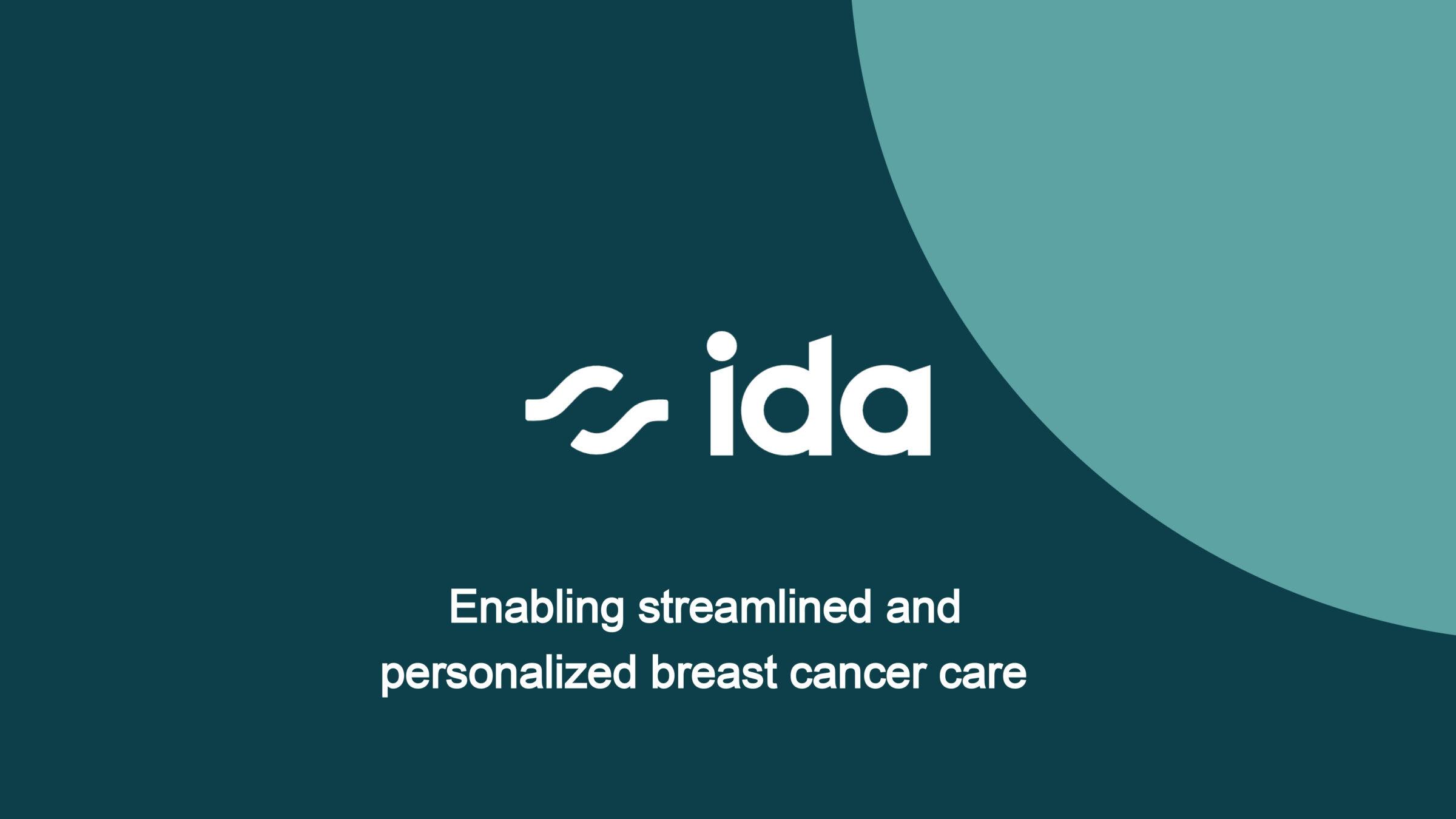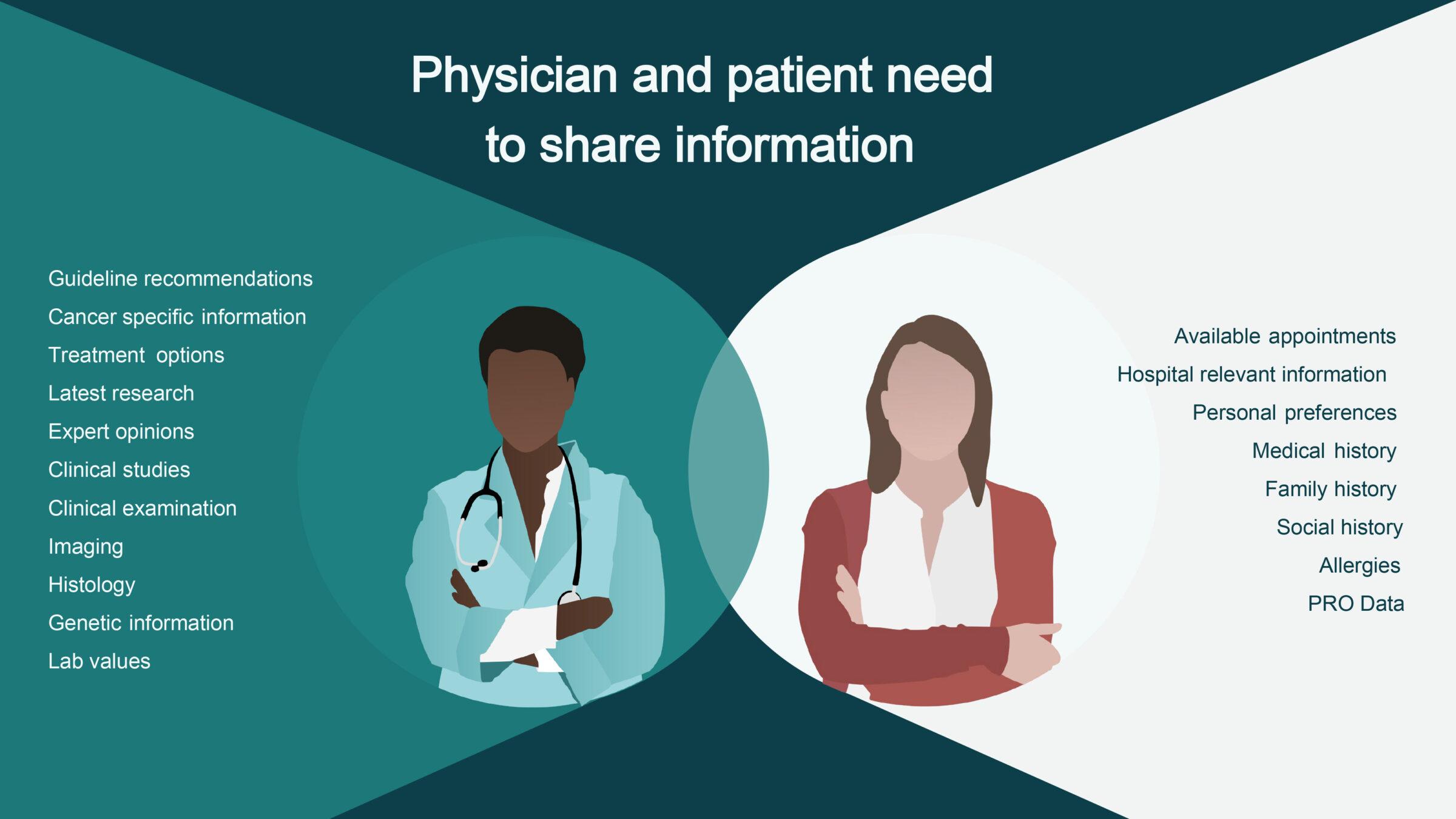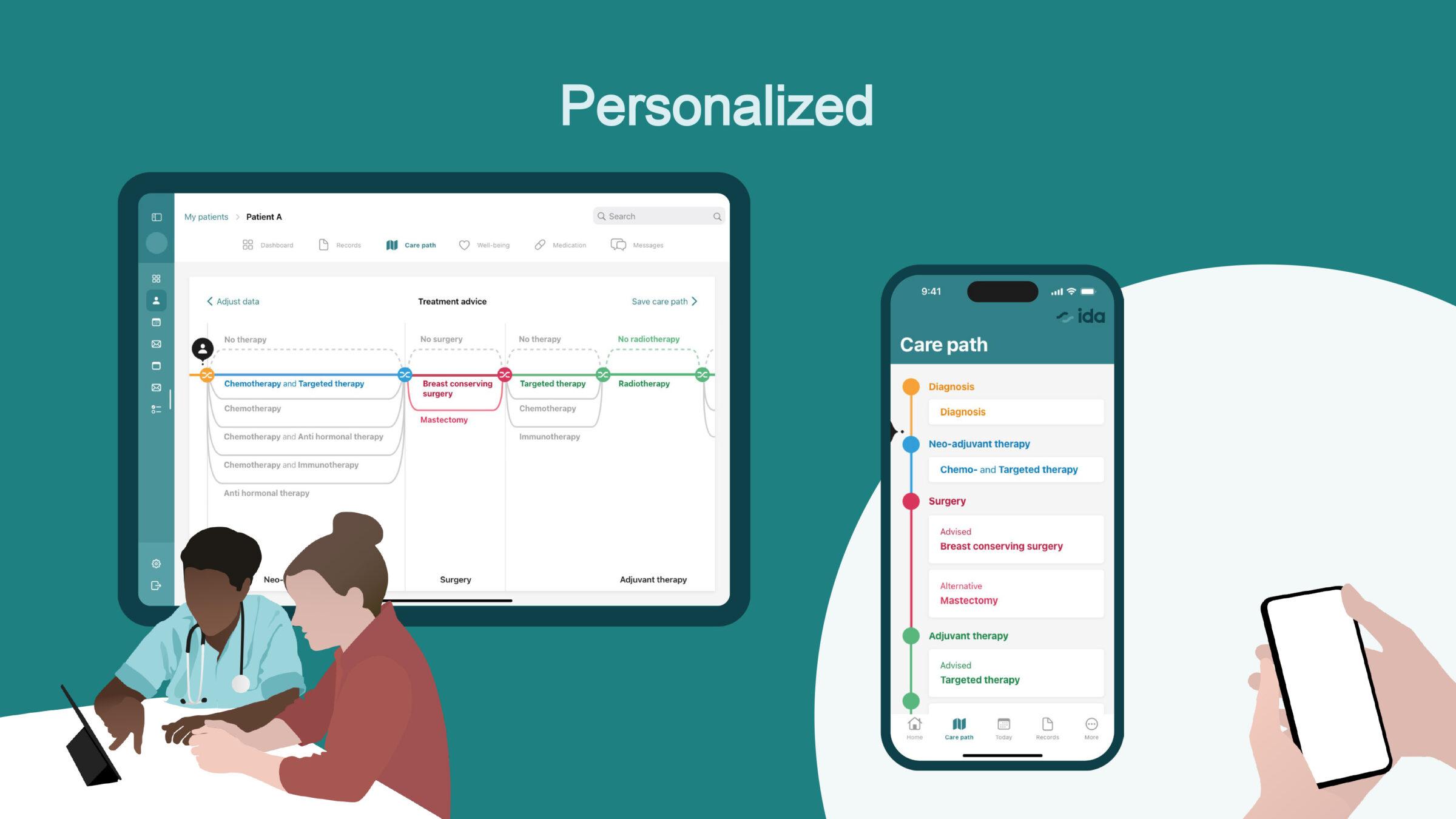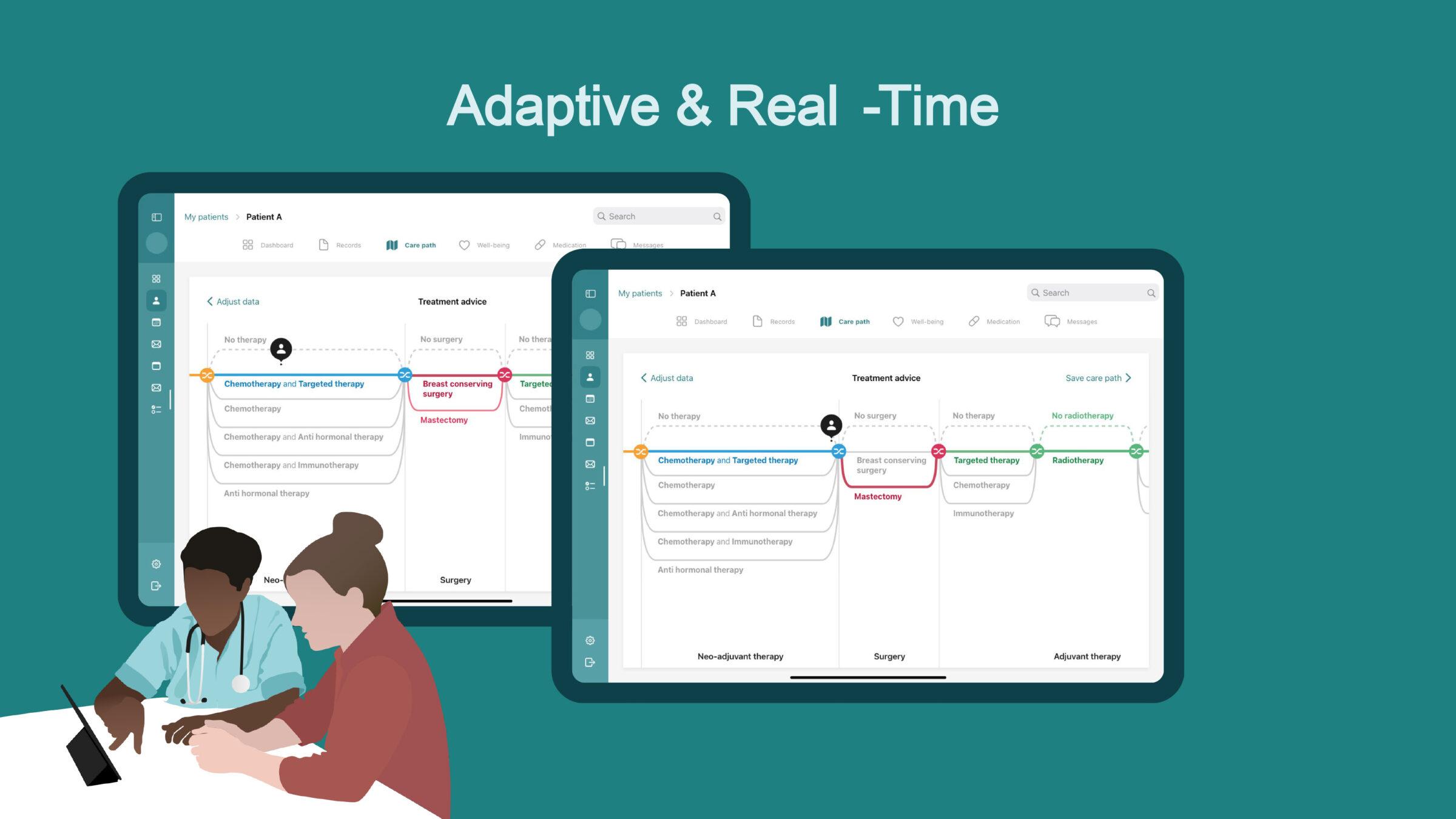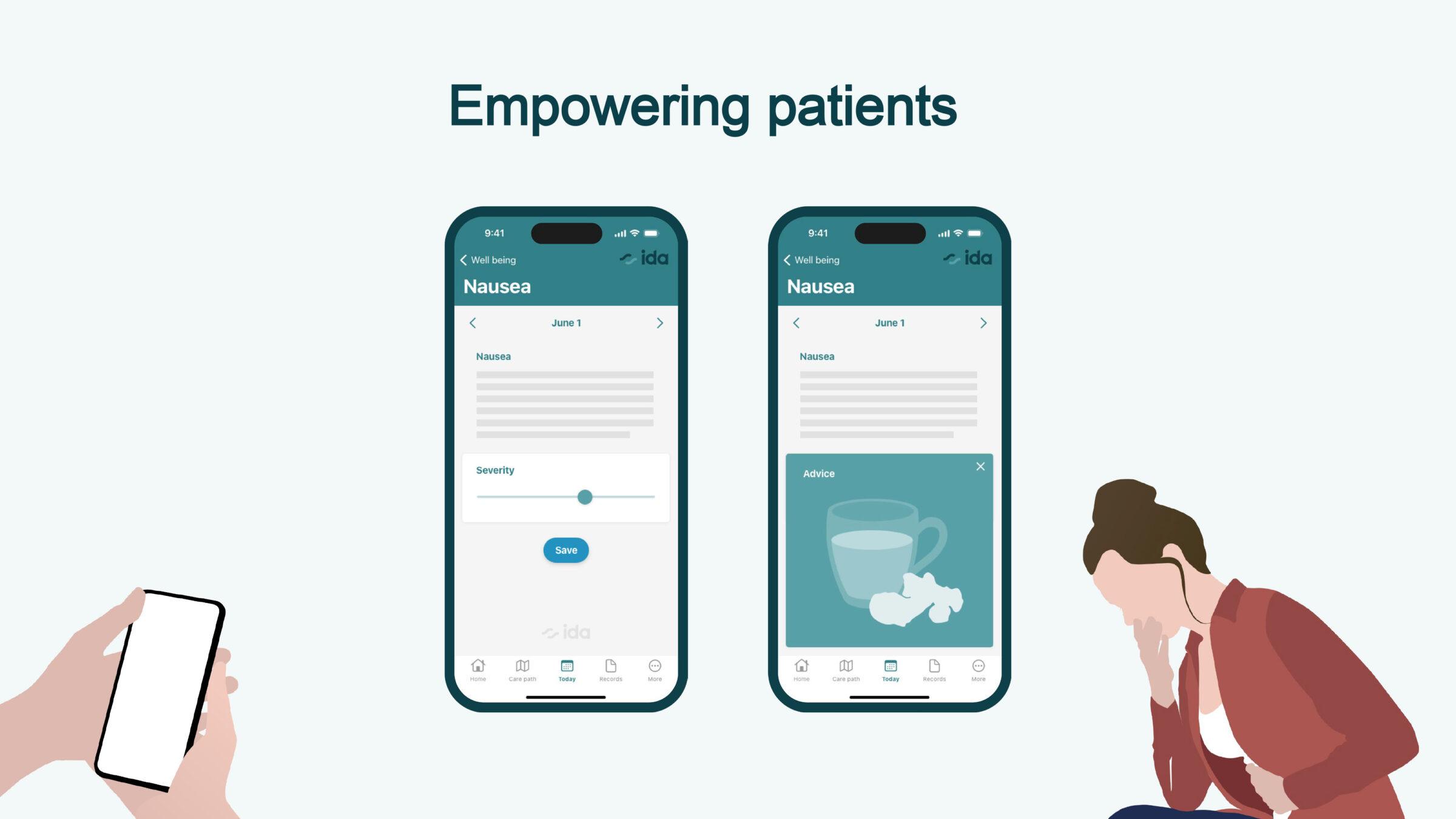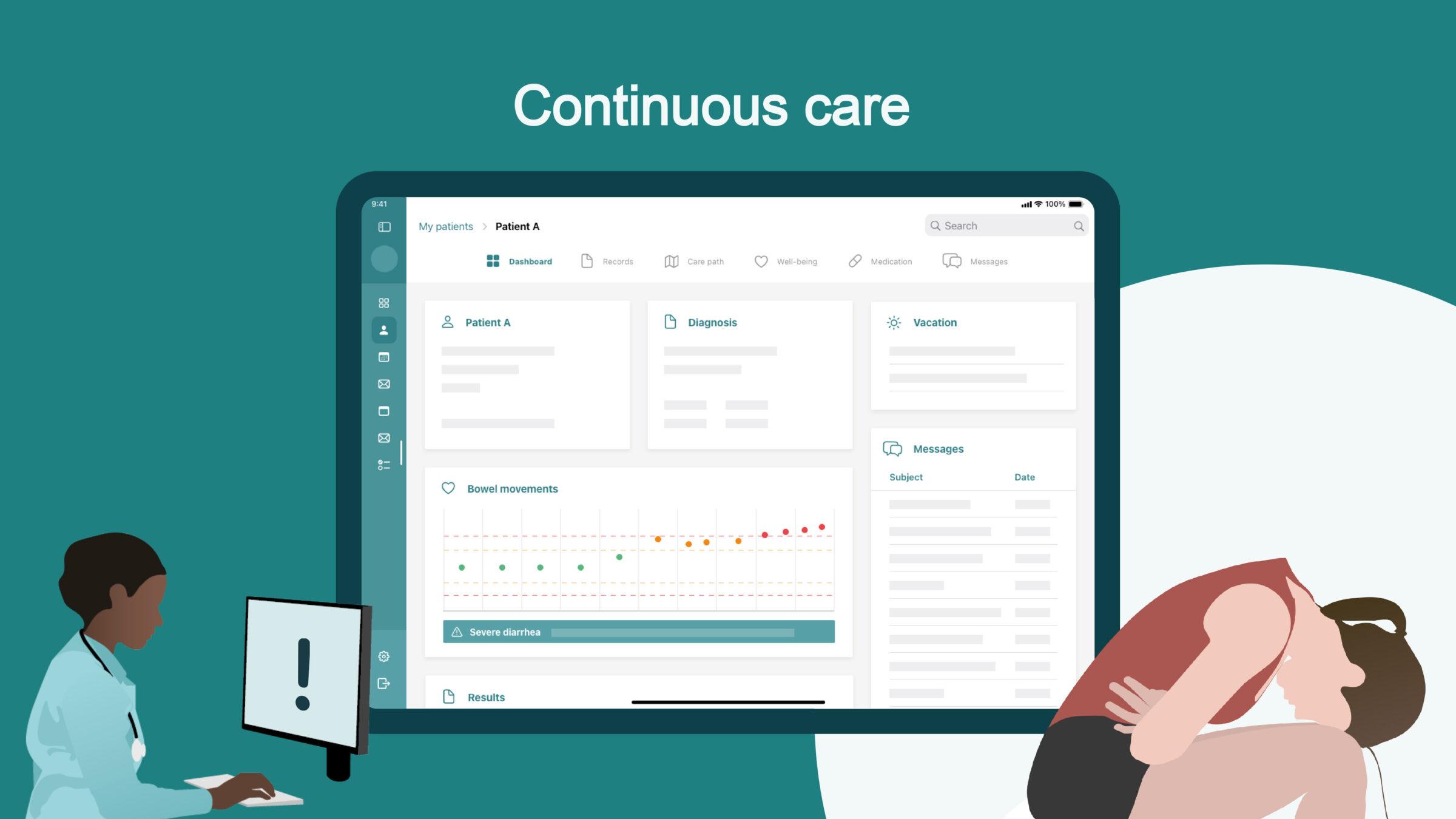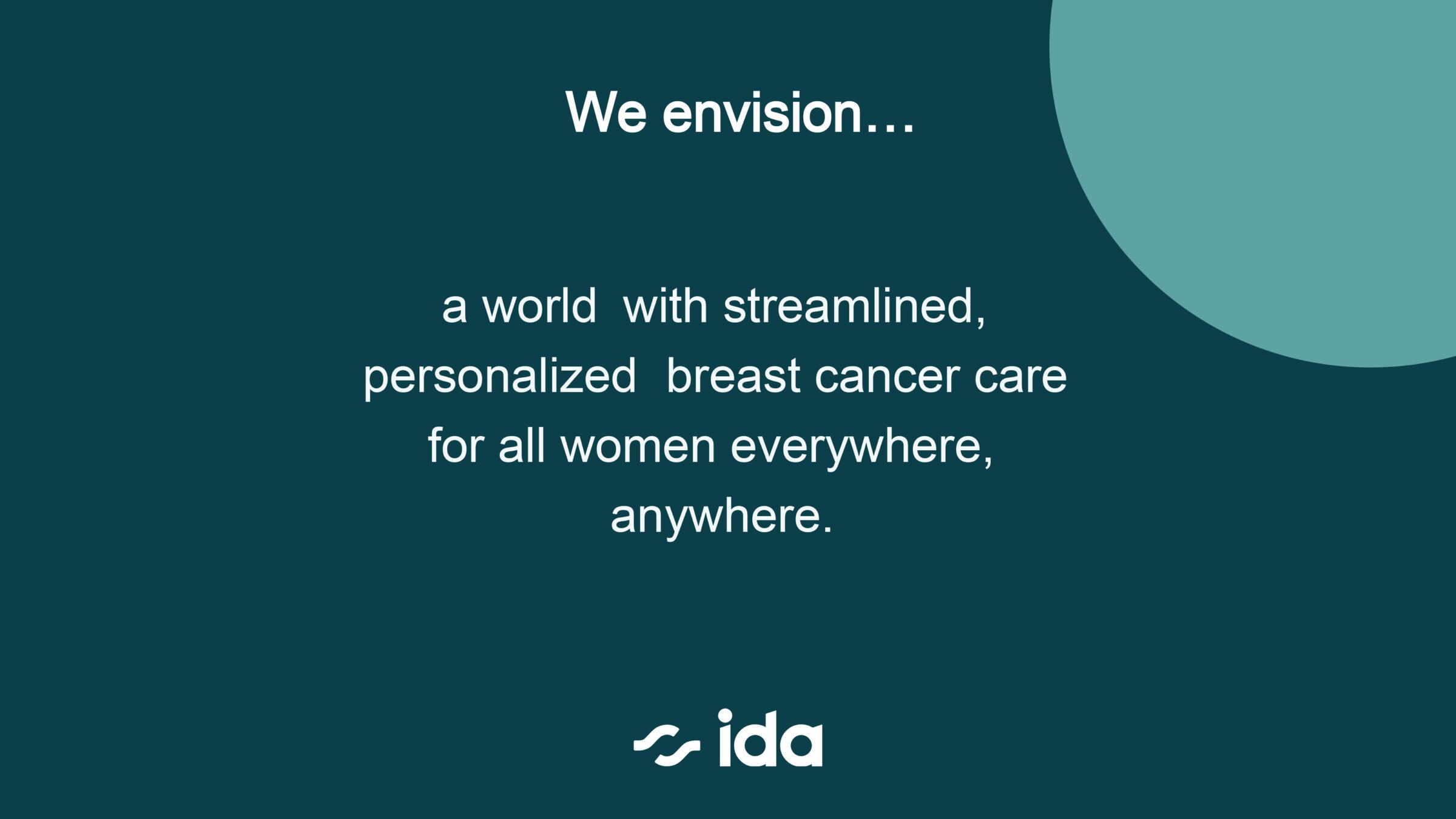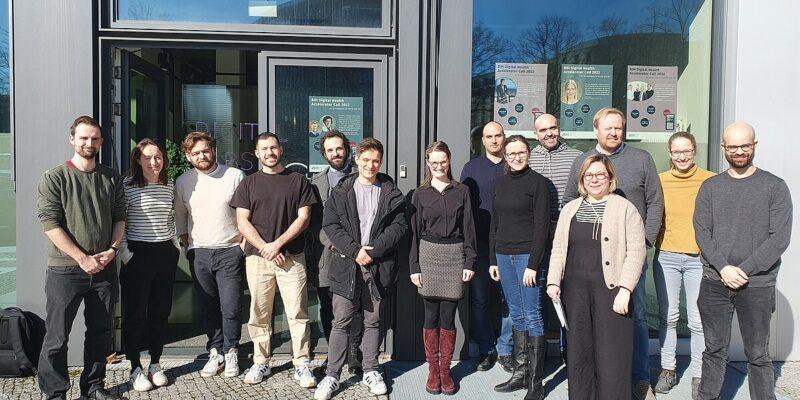Enabling Streamlined, Personalized Breast Cancer Care
Stage 2
Project WebsiteAccording to WHO, in 2020 a woman was diagnosed with breast cancer every 14 seconds. This number is alarming, but due to significant progress in breast cancer diagnosis and treatment over the last decades, survival rates have increased from 70% in 1990 to almost 90% today. At the same time, advancements in the use of diagnostic tools, such as mammography, ultrasound, and MRI, have succeeded in improving the early detection of breast cancer, while an expanding range of treatment options has played a vital role in achieving personalized and effective care for breast cancer patients today.

Maria Margarete Kasten
(Charité)
Project Lead

Therese Pross
(Charité)
Project Lead
However, with an increasing number of concurrent breast cancer patients, the challenge for physicians and care teams lies in integrating all the relevant information and treatment options to select the optimal care pathway for each individual in time. This selection requires a time-intensive comprehensive assessment, access to up-to-date information, and a multidisciplinary approach, which strains the already pressured healthcare system.
IDA addresses this challenge head-on by offering an innovative and interoperable platform solution for physicians and healthcare teams treating breast cancer. IDA aims to improve breast cancer care by supporting clinicians in generating and tracking a personalized care pathway for each patient. To achieve this, IDA integrates relevant information such as standardized reporting systems, electronic medical records, tumor board data, patient-specific data, treatment guidelines, and research evidence into a single, organized, and accessible location.
This organization, coupled with the integration of real-time data, allows physicians and patients to make informed decisions about the patient’s next step in the care path, based on their unique circumstances.
Thus, IDA has the potential to identify complications early and facilitate timely interventions, leading to better health outcomes and lower treatment costs.
Additionally, the shift from appointment-based care to continuous patient-centered care fosters a more holistic and proactive approach to breast cancer management. The collaboration between breast cancer specialists from Charité, digital health enthusiasts, and specialized healthcare designers highlights the multidisciplinary and patient-centered nature of IDA.
By streamling and providing transparent key real-time information about the patient, IDA has the potential to make a significant impact in improving breast cancer care, enhancing patient experiences, and optimizing treatment outcomes.

